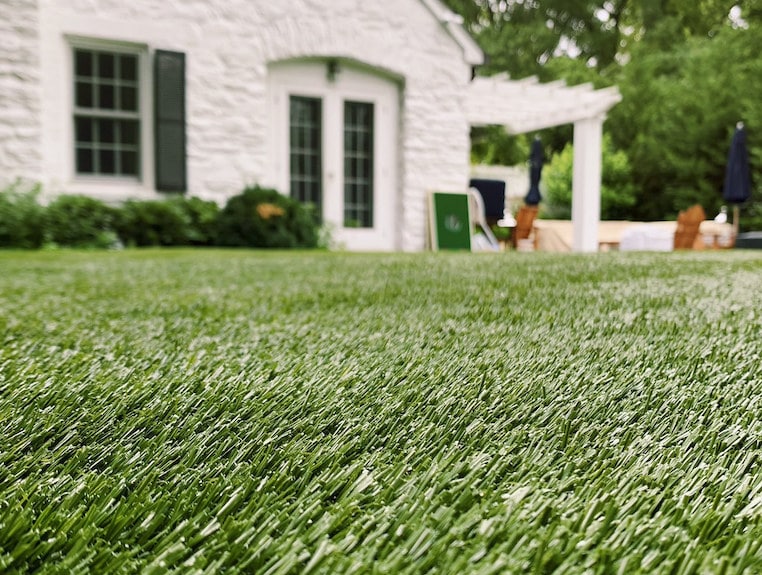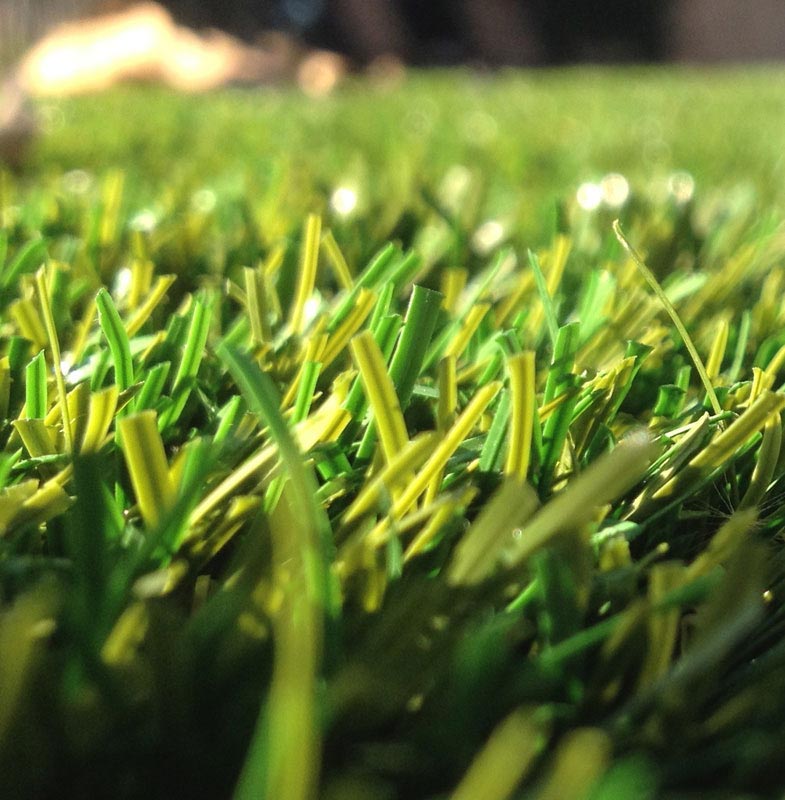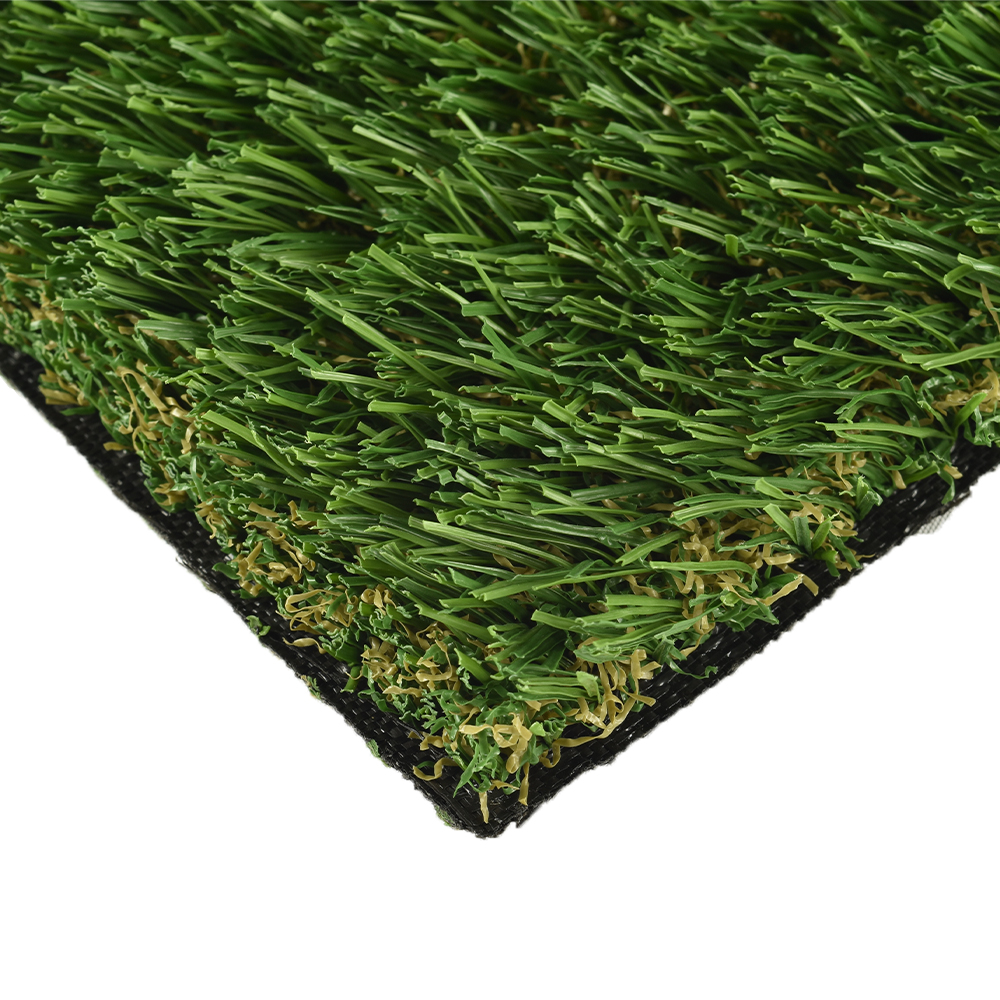Weather-Resistant Arizona Artificial Turf for Home and Commercial Applications
Wiki Article
Explore the Environmental Advantages of Opting for Synthetic Grass Solutions
The adoption of synthetic grass remedies provides an engaging opportunity to deal with pushing environmental challenges. By significantly minimizing water usage and reducing the application of unsafe chemicals, these alternatives not only promote lasting landscaping but additionally safeguard regional communities. Moreover, the reduced carbon footprint related to reduced upkeep activities adds to a much more lasting technique to land management. Nevertheless, the effects of these advantages prolong past simple conservation initiatives, questioning concerning their long-lasting influence on habitat preservation and total ecological equilibrium. Discovering these measurements exposes a complicated interaction worth thinking about.Water Conservation Perks
Among the most substantial benefits of synthetic grass is its ability to conserve water. Conventional grass lawns call for substantial irrigation, especially in areas prone to dry spell or water restrictions. In comparison, synthetic grass does not need watering, substantially lowering the total need for water sources. This feature is particularly useful in dry regions where water scarcity is a pushing problem.By eliminating the demand for routine watering, synthetic grass adds to lasting landscape practices and assists mitigate the ecological influence of extreme water intake. The conservation of water prolongs to the decrease of runoff, which can lead to dirt erosion and river air pollution.
Furthermore, the installment of synthetic grass allows municipalities and house owners to assign water sources much more effectively, concentrating on crucial uses such as alcohol consumption water and farming. The change towards synthetic grass not just advertises responsible water usage however additionally straightens with broader environmental goals aimed at protecting all-natural sources.
As communities increasingly prioritize sustainability, the water conservation benefits of synthetic grass offer a compelling case for its adoption in property and business landscape design tasks.
Decreased Chemical Usage
The shift to fabricated turf significantly decreases the dependence on chemical treatments commonly made use of in all-natural lawn upkeep. Conventional turf administration generally includes the application of herbicides, plant foods, and pesticides to promote growth and control bugs. These chemicals can position threats to human wellness, regional wild animals, and the environment, adding to soil and water contamination.On the other hand, synthetic grass eliminates the need for these hazardous substances. Once mounted, it requires very little upkeep, primarily consisting of regular cleansing and irregular infill replenishment. This decrease in chemical use not only profits the prompt setting but likewise contributes to more comprehensive eco-friendly stability. By reducing the launch of synthetic substances right into the community, artificial lawn promotes much healthier soil and water supply.
Additionally, the lack of chemical overflow connected with synthetic grass installments aids shield local rivers from contamination, supporting water life and preserving biodiversity. Turf installation phoenix az. As neighborhoods significantly prioritize sustainable techniques, going with synthetic grass presents a practical remedy that straightens with environmental conservation objectives. Via this change, homeowner can enjoy rich eco-friendly rooms without compromising ecological health and wellness, leading the way for an extra lasting future
Reduced Carbon Footprint

Furthermore, the installment of man-made lawn can cause considerable water conservation. All-natural grass need significant quantities of water for watering, which not only adds to the carbon footprint associated with water removal and treatment however also stress regional water resources. In contrast, synthetic check my source grass needs very little upkeep, calling for no watering, therefore significantly decreasing water use and its linked energy expenses.
Additionally, the durability of synthetic grass adds to its lower carbon effect. With a life-span of up to 15 years or more, the demand for constant replacements is lessened, resulting in much less waste and lower energy intake in manufacturing and dealing with typical click this link lawn choices. On the whole, synthetic turf presents a lasting option for eco conscious landscape design.
Habitat Conservation
Environment conservation is an important factor to consider in the discussion over landscaping choices, particularly when contrasting synthetic lawn to natural yard. Natural grass yards frequently call for extensive upkeep, including the use of herbicides, fertilizers, and pesticides, which can negatively impact local ecological communities. These chemicals can seep into the soil and rivers, damaging indigenous vegetation and fauna and disrupting local habitats.
Synthetic grass gets rid of the demand for harmful chemicals, thus safeguarding close-by wildlife and preserving the stability of surrounding environments. The installment of fabricated lawn can lead to the conversion of previous lawn locations right into more biodiverse landscapes, such as pollinator gardens or native plant areas, which can support local wildlife.
Ultimately, the transition to synthetic grass not just conserves water and lowers upkeep efforts however likewise fosters a more unified partnership visit in between human tasks and the natural surroundings, promoting environment conservation in the procedure.
Long-Term Sustainability
Long-lasting sustainability is an important consider assessing the advantages of fabricated grass over conventional turf yards. Among the most substantial advantages of synthetic grass is its durability; it can last approximately 15-20 years with very little maintenance, whereas all-natural turf requires regular reseeding and replacement. This long life minimizes the need for consistent resources, such as water, plant foods, and pesticides, which are vital for keeping a healthy turf lawn.Additionally, man-made turf adds to a reduction in carbon discharges connected with grass care devices. Typical grass usually need gas-powered lawn mowers, leaners, and blowers, all of which add to air pollution. Arizona artificial turf. In contrast, synthetic grass eliminates the need for such equipment, promoting a cleaner atmosphere
Moreover, the production of synthetic turf significantly utilizes recycled materials, boosting its sustainability profile. As producers embrace green methods, the environmental footprint of synthetic grass proceeds to lessen.

Final Thought
The fostering of synthetic grass services presents considerable environmental benefits, consisting of significant water preservation, minimized dependence on damaging chemicals, and a lower carbon footprint. Artificial lawn help in preserving natural habitats by minimizing land disturbance and advertising long-term sustainability with the usage of sturdy materials. Jointly, these factors highlight the potential of synthetic grass to contribute positively to environmental wellness and use a sensible choice to typical landscaping methods in a significantly resource-conscious world.In comparison, artificial turf does not require watering, considerably decreasing the general need for water resources. By lessening the release of synthetic compounds into the ecological community, fabricated turf promotes much healthier dirt and water systems.
Furthermore, the installation of artificial turf can result in substantial water preservation. In comparison, fabricated grass requires minimal maintenance, requiring no watering, consequently substantially minimizing water use and its linked energy expenses.

Report this wiki page